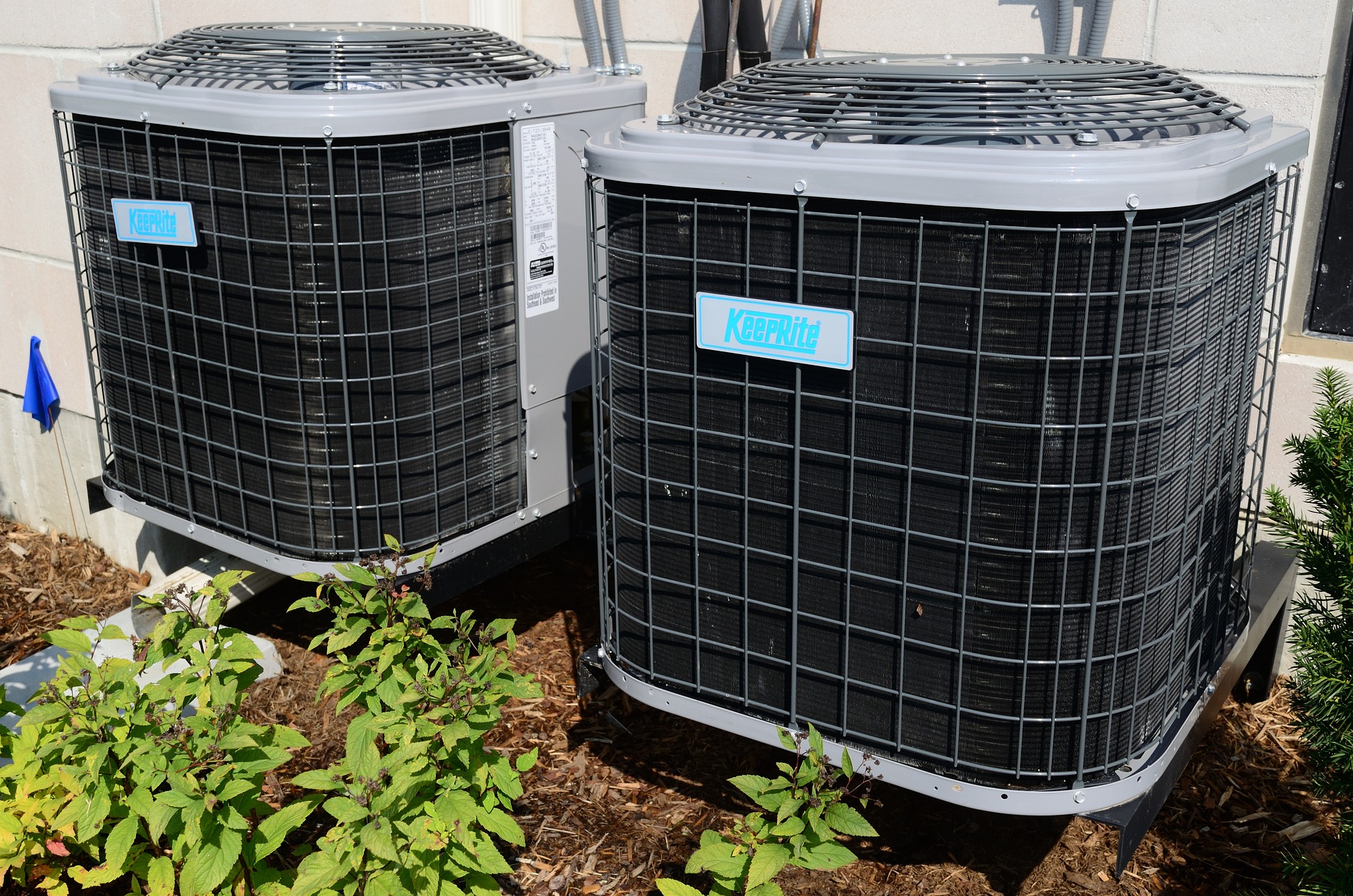What is the Average Cost to Install a Heat Pump in 2025? Factors and Price Guide Explained
Installing a heat pump represents a significant investment in your home's comfort and energy efficiency. As we look ahead to 2025, understanding the various factors that influence installation costs and knowing what to expect can help you make an informed decision. This comprehensive guide breaks down the costs, considerations, and long-term financial implications of heat pump installation.

What Are the Main Types of Heat Pumps and Their Cost Ranges?
Heat pumps come in three primary varieties: air-source, ground-source (geothermal), and water-source systems. Air-source heat pumps typically range from $4,500 to $8,000 for equipment and installation. Ground-source systems are more expensive, usually costing between $10,000 and $20,000, while water-source systems fall somewhere in between at $8,000 to $15,000. The specific type you choose significantly impacts your initial investment.
Which Factors Most Influence Heat Pump Installation Costs?
Several key elements affect the final price of your heat pump installation:
-
Home size and required system capacity
-
Existing ductwork condition and necessary modifications
-
Local climate and temperature extremes
-
Access and installation complexity
-
Required permits and local regulations
-
Labor rates in your area
How Do Regional Differences Impact Installation Prices?
Installation costs vary significantly by region due to climate requirements, local labor rates, and building codes. Northern regions often require more powerful systems, increasing costs by 10-30% compared to moderate climates. Coastal areas may need corrosion-resistant units, while urban areas typically have higher labor rates than rural locations.
What Hidden Costs Should You Consider When Budgeting?
Beyond the basic equipment and installation costs, budget for:
-
Electrical system upgrades ($500-$2,500)
-
Ductwork modifications ($2,000-$6,000)
-
Permits and inspections ($200-$500)
-
Optional features like zone control ($2,000-$3,000)
-
Annual maintenance ($150-$300)
What Are the Expected Long-term Savings and ROI?
Heat pumps can reduce heating and cooling costs by 30-60% compared to traditional systems. While the initial investment is substantial, most homeowners see a return on investment within 5-10 years through reduced energy bills. Federal and state incentives can further improve the financial picture.
How Do Different Heat Pump Brands and Models Compare?
| Brand/Model | Type | Efficiency Rating | Average Cost Range |
|---|---|---|---|
| Carrier Infinity | Air-Source | 20.5 SEER | $5,500-$10,000 |
| Trane XV20i | Air-Source | 20 SEER | $6,000-$11,500 |
| Mitsubishi Hyper-Heat | Ductless Mini-Split | 21 SEER | $4,000-$9,000 |
| WaterFurnace 7 Series | Ground-Source | 41 EER | $12,000-$25,000 |
| Bosch IDS | Air-Source | 18 SEER | $4,500-$9,500 |
Prices, rates, or cost estimates mentioned in this article are based on the latest available information but may change over time. Independent research is advised before making financial decisions.
In conclusion, while heat pump installation represents a significant upfront investment, the long-term benefits often justify the cost. The total investment typically ranges from $4,500 to $25,000, depending on system type, location, and specific installation requirements. Consider both immediate costs and long-term savings when planning your heat pump installation project.




